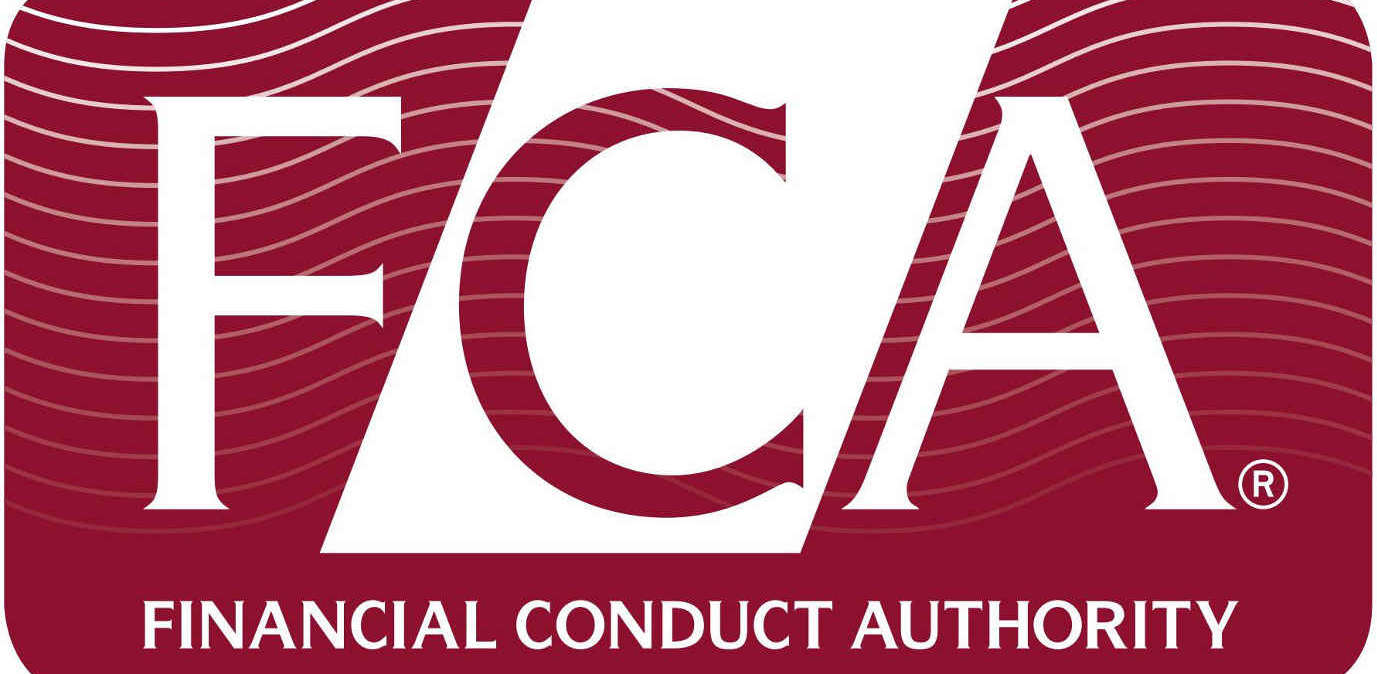The ways and means in which regulation is developed and implemented in the internet age have changed. Regulation across the globe can only follow the rapid expansion of new innovation and business models in, for example, online short-term rentals or car-sharing platforms. There is a continuing trend towards companies developing an idea and going to the market with it fast, with the result that regulation is so far behind it must adapt to the new business environment.
Capital Markets Union – What Does It Mean For The Fintech Industry?
Written by Inline Policy on 01 Oct 2015
On a day when the entire financial services industry in the UK and in Continental Europe dissected the long-awaited – albeit leaked – European Commission Action Plan on Capital Markets Union, a few eyebrows were raised about some potential implications for the fintech community. Regulators at national and supranational level are still pondering over an optimal regulatory framework to promote the fintech industry whilst at the same time ensuring adequate consumer protection; but not necessarily on a like-for-like basis with the established providers, who are already beginning to use the ‘level playing field’ argument to challenge the disruptors.
Paving the way for a 'circular economy' in Europe
Written by Inline Policy on 10 Jul 2015
In a speech at the European Parliament plenary debate on Monday 6th July, First Vice-President of the European Commission, Frans Timmermans, said that the Commission “remains strongly committed” to present a circular economy package towards the end of this year. The reasons are quite simple: Vice-President Katainen, Commissioner Vella, Commissioner Bienkowska, and others, essentially believe that the new circular economy package can bring:
Capital Markets Union – a new framework for diversification
Written by Inline Policy on 26 Jun 2015
In February of this year, the European Commission unveiled its Green Paper for ‘Building a Capital Markets Union’. Over the coming five years it will be the flagship project for the Directorate General responsible for Financial Stability, Financial Services and Capital Markets Union (DG FISMA). The Green Paper clearly states that the European Commission’s objective is to stimulate economic growth, largely through simpler access to capital markets, which will diversify the sources of SME financing and in turn support their growth. So what does the Capital Markets Union (CMU) mean for new innovative and a high growth companies? How does the CMU plan address their many concerns whilst also building on their many achievements?
What the future may hold for Fintech after the UK general election
Written by Inline Policy on 26 Mar 2015
With the UK General Election just six weeks away, the recent Budget was an opportune time for The Chancellor, George Osborne, to set out his stall and give the UK electorate a glimpse of what a Conservative-led Government after the election would prioritise. Among the macroeconomic announcements and promises were policies solely aimed at the growing financial technology (Fintech) sector. Both the Conservative Party and Labour Party now recognise the importance of this budding industry and have been quick to publicise their aspirations for the sector, should they lead the next Government.
Europe considers investment-based crowdfunding regulation
Written by Inline Policy on 16 Jan 2015
Crowdfunding is now considered a legitimate alternative form of finance for businesses across Europe. The sector continues to grow and shows no signs of slowing down. Investment-based (or equity) crowdfunding is no exception – according to a recent report by NESTA, this form of crowdfunding grew by 201 per cent in 2014.
Bright future for alternative finance following Osborne’s announcement
Written by Inline Policy on 28 Aug 2014
The American business magazine, Forbes, recently crowned London ‘the world’s most influential city’, paying special attention to the role it plays in leading innovation in technology. The accolade comes on the coattails of Chancellor George Osborne announcing the launch of a major new trade body for the UK FinTech industry, in London’s Canary Wharf.
European Banking Authority begins the debate on an EU-wide virtual currency regulation
Written by Inline Policy on 15 Jul 2014
At the beginning of the month, the European Banking Authority (EBA), the institution charged with overseeing the European banking sector, proposed guidelines for a regulatory regime for virtual currency. The report has now been presented to the EU Council, Commission and Parliament for consideration. The report also issues guidelines for national supervisory bodies.
Dark pools and the push for transparency
Written by Inline Policy on 14 Jul 2014
Goldman Sachs received an $800,000 fine from US regulators a fortnight ago for failing to meet the guidelines for trading within a private forum. Private trading platforms, commonly known as dark pools, now account for 15% of all US trading over 40 closed exchanges. Regulators are beginning to take note and see how they can limit the risk involved.
Virtual currency prospers in Asia: Will China follow?
Written by Inline Policy on 25 Jun 2014
Last Thursday, Japan’s Liberal Democratic Party (LDP) announced that it is not currently looking to regulate virtual currency. This is a significant announcement as there previously was uncertainty over how state officials, particularly in Japan, would react following the collapse of the leading Japanese Bitcoin exchange, Mt. Gox and the loss of over $420 million worth of Bitcoins.
London Technology Week puts the spotlight on tech in the capital
Written by Inline Policy on 20 Jun 2014
The inaugural London Technology Week comes to a close today. Featuring over 200 events, the week-long showcase has shone a light on many of the innovative companies who are thriving in London. More broadly it has underlined the growing sense that London is fast becoming one of the leading tech centres in the world. Former Mayor of New York, Michael Bloomberg, who joined London Mayor Boris Johnson in launching the event on Monday, went as far as declaring that London is now a real challenger to Silicon Valley. Beyond the fanfare, an important thread of this week has also been the growing discussion about the challenges which need to be addressed if London is to truly cement its place as a global tech leader.
UK moves ahead with crowdfunding regulation
Written by Shomik Panda on 16 Jun 2014
The Financial Times recently reported that the amount lent by peer-to-peer websites internationally was almost $3bn in 2013, up from around $100m in 2007. There has been an equally impressive growth in the estimated number of crowdfunding websites, which have grown from 1,100 to 2,700 in the last year alone.
Regulators begin looking at promoting virtual currencies
Written by Inline Policy on 04 Jun 2014
Last week the Financial Conduct Authority (FCA), which is responsible for UK financial regulation, outlined plans to launch a policy hub for start-up companies including those in the virtual currency sector. Head of the FCA, Martin Wheatley (pictured), stated “it’s an imperative for the regulators to be standing on the right side of progress”.
Virtual currency and the pursuit of legitimacy
Written by Inline Policy on 20 May 2014
A number of news stories over the last few days once again illustrate the momentum that virtual currencies are gathering towards increased legitimacy amongst regulators and consumers.
US Federal Election Commission approves use of Bitcoin for campaign contributions
Written by Inline Policy on 09 May 2014
The Federal Election Commission (FEC) has unanimously approved the use of Bitcoin for political donations after months of debate on the issue. Commissioners imposed several conditions. Among them: No anonymous bitcoin contributions will be allowed, and campaign treasurers must scrutinize the donations for "evidence of illegality."
 Insights from Inline Policy listing page
Insights from Inline Policy listing page














